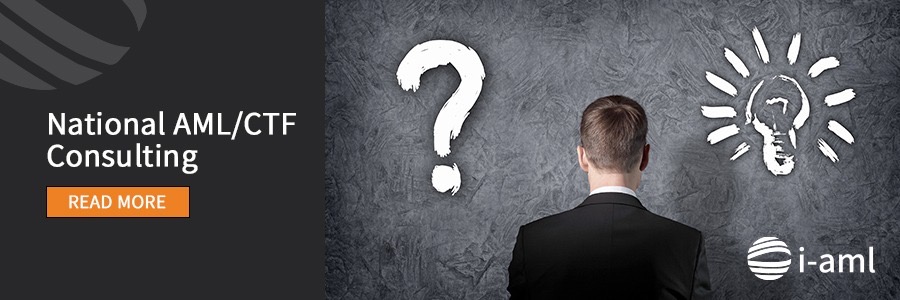The European Single Rulebook has made compliance officers’ role more demanding. The complexity of today’s EU financial and anti-financial crime regulation has reinforced the need for compliance officers and money laundering reporting officers (MLROs) to keep up to date with regulatory developments.
In an environment of supranational maximum harmonization regulation and where supervision is convergent, compliance officers and MLROs face the same challenges across Europe. This calls for the establishment of a European center of excellence for regulatory compliance and anti-financial crime, which provides training and guidance, especially for small and medium-sized operators, which are more likely to require support.
Small and medium-sized operators are more likely to require support
In the field of prudential and conduct regulation, the establishment of a European Single Rulebook aims to provide a single set of harmonized prudential and conduct rules. This, together with regulators’ more intrusive supervision, has made the role of the compliance officer more demanding. At the beginning of 2022, it is estimated that the European Single Rulebook for financial services was made up of 682 documents, ranging from directives and regulations to guidelines, which amounted to more than 15,000 pages and more than 23,000 articles.
With respect to anti-money laundering and the countering of financing of terrorism (AML/CFT), the planned development of a European Single Rulebook and the future establishment of an Anti-Money Laundering Authority (AMLA) will equally impact the role of the MLRO. AMLA will: a) be tasked with developing the Single Rulebook; b) have direct supervisory powers of a limited number of selected financial services obliged entities, primarily those that are considered high risk and that actively provide cross-border services; c) have indirect supervisory powers, inter alia, in the form of supervisory convergence tools; and d) act as a coordination and supporting mechanism for financial intelligence units.
.
.
The EU Single Rulebook requires financial institutions to implement a series of systems and controls. These must be appropriate to the nature, scale and complexity of their business as well as the range of activities undertaken in the course of that business. This is aimed at securing a robust governance framework, with a clear organisational structure and lines of responsibility, and effective compliance processes, which include the establishment of an independent compliance function.
Both the compliance officer and the MLRO must be independent and have sufficient seniority and command to challenge any decisions by either the frontline or senior management that may conflict with the financial institution’s risk appetite and subsequent controls.
Failure to comply with financial and anti-financial crime regulation and breaches of financial sanctions can lead to severe administrative sanctions, criminal proceedings, and a negative impact on the institution’s reputation. Therefore, it is logical for financial institutions to invest in efforts for compliance. These include keeping up to date with developments in regulation, getting the required training, and support with respect to implementation. This can, at times, be rather challenging, especially for small to medium-sized financial institutions. Indeed, given the fast-changing European regulatory landscape, experience suggests that these types of institutions are likely to find it difficult to keep up with developments in regulation and may be unaware of the implications of fast-evolving regulation in fields, such as sanctions.
As part of Europe’s efforts to strengthen compliance with prudential, conduct and anti-financial crime regulation, one may venture to propose the establishment of a centre of excellence in compliance and anti-money laundering. The centre would comprise of subject matter experts carrying out research and providing training and guidance in prudential and conduct regulation and compliance, anti-money laundering and funding of terrorism, sanctions, anti-tax evasion and anti-bribery, and corruption. It would operate across all financial sectors and offer guidance and expertise to European financial institutions and promote best practices. With research and development at the core of its activities, the centre would provide appropriate recommendations to the industry and, where required, government agencies.
Ideally, the centre would be located in a financial services centre, where there would be sufficient expertise and experience to draw upon, complemented by freedom of movement to extend the pool as far as is necessary.
As Europe moves towards ever-higher standards for compliance, it must in tandem ensure that there is an appropriate pool of professionals to meet the demand of its jurisdictions.
.
September 11, 2022 Published by The Times of Malta.







